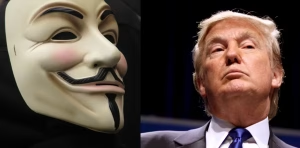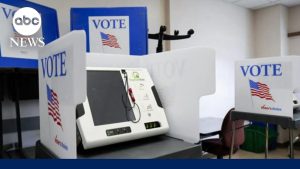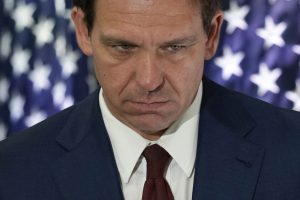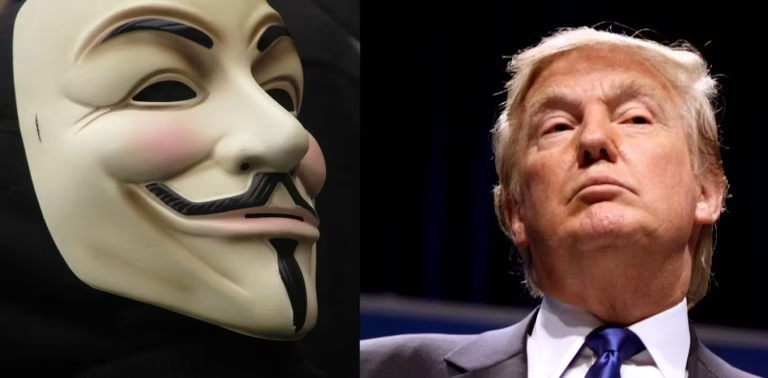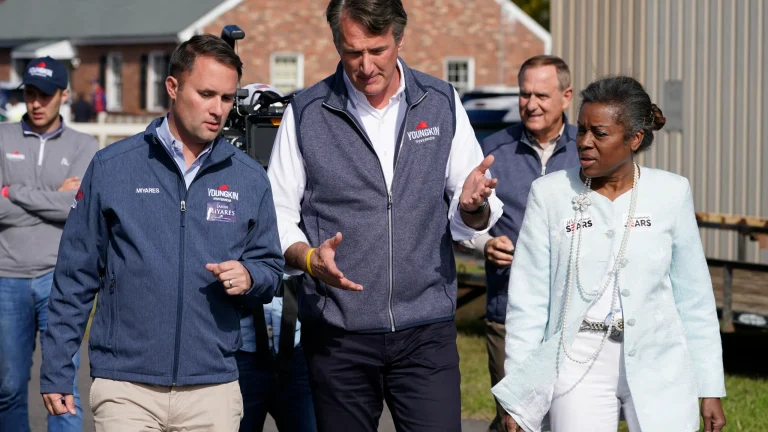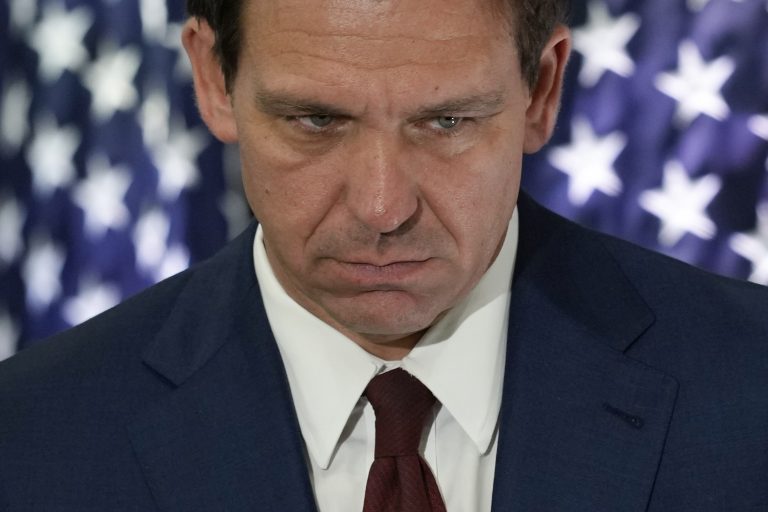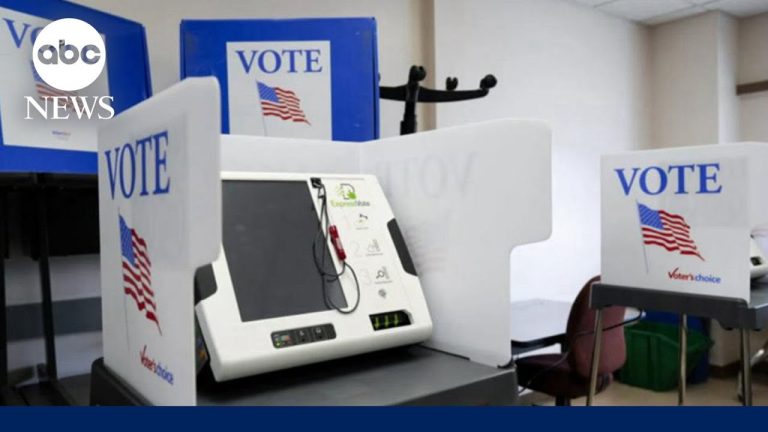-By Steven Jonas
July 5, 2012- Ah yes, now the Grand Old Tea Party is screaming about "politics" and the Supreme Court. How could Chief Justice Roberts betray them on the "man from Kenya's" health care reform act? He was just playing politics and that was a terrible thing. Oh really? So you think that the functions of the US Supreme Court really follow the prescripts of Article III, Section 2 of the US Constitution, or should:
"Section. 2.
"The judicial Power shall extend to all Cases, in Law and Equity, arising under this Constitution, the Laws of the United States, and Treaties made, or which shall be made, under their Authority;–to all Cases affecting Ambassadors, other public Ministers and Consuls;–to all Cases of admiralty and maritime Jurisdiction;–to Controversies to which the United States shall be a Party;–to Controversies between two or more States;– between a State and Citizens of another State,–between Citizens of different States,–between Citizens of the same State claiming Lands under Grants of different States, and between a State, or the Citizens thereof, and foreign States, Citizens or Subjects.
"In all Cases affecting Ambassadors, other public Ministers and Consuls, and those in which a State shall be Party, the supreme Court shall have original Jurisdiction. In all the other Cases before mentioned, the Supreme Court shall have appellate Jurisdiction, both as to Law and Fact, with such Exceptions, and under such Regulations as the Congress shall make."
Well, no, they don't. The Right screams about the Court "playing politics" only when they lose one (which historically hasn't happened that often). As we know, the Supreme Court's functions go well beyond those stated above. The Constitution was amended in fact if not in the law by a series of decisions made under the leadership of a Chief Justice, John Marshall, whose appointment itself was entirely political. From the time that John Marshall wrote his first ruling that established the power of the Court to review and declare "unconstitutional" actions of both the legislative and executive branches of the US government, a power nowhere to be found in the Constitution, as Professor Fred Rodell of the Yale Law School documented in a book published in 1955 (1).
Since then too, the most important decisions that it has made over time have been entirely political, following along with the politics and the political considerations (very important in Roberts' decision in the Affordable Care Act [ACA] case) of the majority of the justices sitting at the time. How did that happen?
In 1776 Thomas Jefferson and John Adams were allies in leading what was to become the American Revolution. But by the time the election of 1800 rolled around they had become bitter political enemies. The founders had not contemplated a two-party system, but by golly, there it was. Jefferson won. Attempting to continue his Federalist party's influence/participation/control in/of the successor government, in a political stratagem Adams got his holdover Congress to create a whole set of new courts (2). Then, in the first attempt at "court-packing," just before Jefferson's inauguration on March 4, 1801, he appointed a whole set of Federalist "Midnight" judges and justices. Among them was one William Marbury, a wealthy Federalist from Maryland, appointed to be Justice of the Peace for the District of Columbia (a postion that carried with it rather more power than it does now).
Shortly before that time, Adams had appointed his then-Secretary of State (at that time considered the number two power in the government), one John Marshall, as Chief Justice of the Supreme Court. Thus a political decision made by Adams led to the most important amendment to the U.S. Constitution other than the XIIIth, XIVth, and XVth which followed the conclusion of the First Civil War. Of course it was not a written amendment. It was not approved by two-thirds votes in each House of Congress. Nor was it ratified by three-fourths of the states. Nevertheless, the establishment of the system of "judicial review" by the Supreme Court of Acts of Congress and actions of the Executive Branch was an amendment to the Constitution. There is nothing in Article III, which describes the structure and functions of the Supreme Court, which comes close to giving it such powers.
So how did this happen? By two accidents of history. One was that Mr. Marbury really, really, really wanted that appointment. The other was the slowness of communications of the time (slow horse, broken wagon wheel, bad roads?) The notice did not reach him before Jefferson's inauguration. The new President, furious with Adams' machinations, told his new acting Secretary of State, Levi Lincoln, not to deliver the original notice. James Madison (who happened to have been one of the main drafters of the Constitution as well as the Bill of Rights) would soon come in as Secretary of State. Marbury then sued Madison to have the commission delivered, and so the most important case in the judicial history of the United States, Marbury v. Madison, was created.

